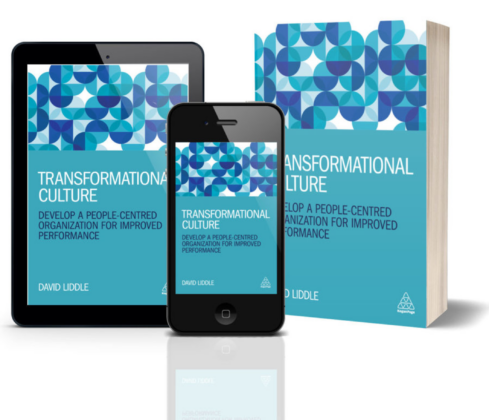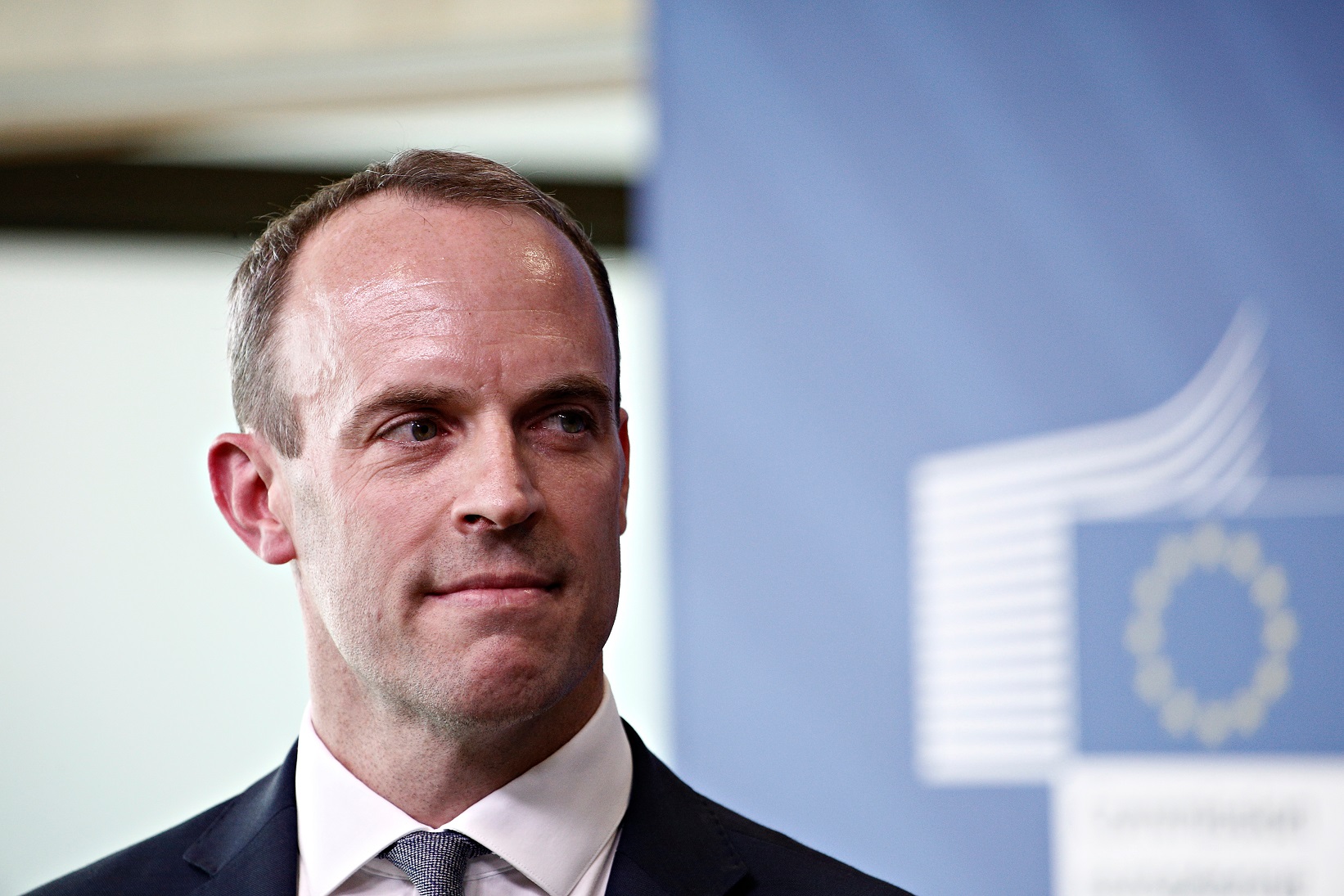
Share article:
Tags:
Friday 13th November marked world kindness day, and this week is International Leadership week. Many may not have known the two were directly linked, but our experts in leadership and management development believe kindness to be a fundamental leadership capacity. Especially during the particularly challenging circumstances the present year has handed us. Your leaders are in an influential position to role-model kindness and reap its widespread benefits upon employee wellbeing and engagement.
Many of our most vulnerable have relied upon the genuine kindness of friends and neighbours this year more than they have ever done so before. Such compassion has been essential for access to daily necessities such as food, medicine, and of course, companionship. Open and explicit references to kindness are becoming increasingly common. Have you ever noticed the ‘Be Kind’ messaging on the noticeboards in London Underground stations?
The positive impacts of being kind
Kindness is hugely beneficial for us all. Kindness is important in leadership for a number of reasons:
- It triggers a release of Dopamine, the ‘Happy Hormone’ in our bodies, to make us feel positive and energised.
- It promotes a sense of self-affirmation that reinforces self-esteem
- It has also been shown to slow the ageing process!
Despite the widespread benefits, there is a popular belief that kindness is a sign of weakness. Ever heard someone referred to as being ‘Too nice’?
Kindness is in fact essential to leadership success. Kind leaders act with the best interests of themselves, others, and the organisation. They are supportive, honest, treat their staff equally, and set clear expectations of their teams.
When staff feel cared for, this generates a sense of support and goodwill which will have a profound impact upon employee engagement. In the long term, this encourages collaboration, sharing of ideas and mutual support between peers. The overall impact is increased productivity, exactly what all leaders should be striving to achieve amongst their teams.
While many leaders will praise and recognise caring team members, are we doing enough to recruit for, measure and reward kindness at work? Kindness isn’t often explicitly referenced within our organisational values, nor is it listed on person specifications when outlining a new job role. Personality profiling tools may score on an individuals’ preference for ‘feeling’, but this doesn’t always equate to the person displaying kind behaviours. Some of our most logical or less emotionally aware can be the kindest in how they operate on a daily basis…
At the TCM Group, we understand that kindness can be built into organisational culture. In order for this to happen, it must be role modelled, seriously acknowledged, and its absence addressed. Leaders are in the best possible position to champion kindness and proclaim its clear benefits upon sustained engagement.
Reap the benefits of kind leadership, within your organisation
Looking for some practical applications of maximising the impact of kindness? Here are a few actions you (or your leaders) can begin to take, today:
- Ask for input and encourage employees to contribute to discussions and decision making.
- Remind people their views are valued and respected.
- Be a good listener show team members they are heard in all aspects of life
- Say thank you privately and publicly, to show sincere gratitude for specific achievements and behaviours.
- Provide opportunities for people to share information about their personal circumstances. Be proactive in helping them meet responsibilities at home by offering flexible working arrangements.
Like all good investments, kindness pays dividends. A lot of time and money is spent repairing the damage of a lack of kindness or worse unkindness. Down the line employees at the receiving end of empathy, care and respect demonstrated through kindness perform at their best. It means they can work in flow, with energy, focus and awareness that isn’t possible when we aren’t properly engaged.
One key area where a kind approach to leadership can be applied is within performance management. Creating a strong connection to an employee’s own sense of capability, strength and desire to collaborate can be an extremely powerful motivator.
Looking to improve the approach to leadership and management within your organisation? Our unique range of leadership reviews are an excellent place to start.
Claire Gearon: Head of Programmes at The TCM Group













